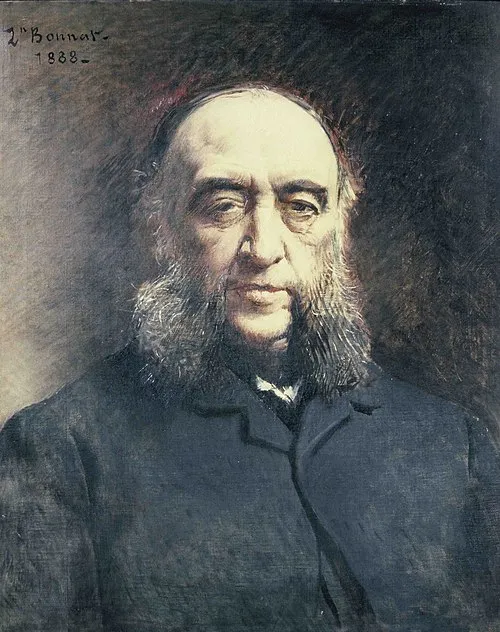
Full Name: Gotthelf Bergsträsser
Birth Year: 1886
Nationality: German
Profession: Linguist
Death Year: 1933
Gotthelf Bergsträsser: A Linguistic Pioneer
In the bustling heart of Germany, where the sounds of innovation and intellect filled the air, Gotthelf Bergsträsser came into this world in 1886. Born into a family that valued education, he was surrounded by books and conversations that sparked his curiosity about language from an early age. His childhood was marked by an insatiable thirst for knowledge; every word spoken around him was a clue to unraveling the intricate tapestry of human communication.
As a young man, he pursued his passion for linguistics fervently diving deep into the study of phonetics and grammar. The world around him was changing rapidly; Europe was experiencing shifts in culture, technology, and politics that would ultimately influence his work. However, while many were swept away by these external forces, Gotthelf remained anchored in his studies. It wasn’t merely about mastering languages for him; it was about understanding their very essence.
In 1910, despite facing considerable obstacles as a Jewish scholar during an era rife with antisemitism, he published his first paper on dialects in German-speaking regions a groundbreaking endeavor that opened doors to new understandings of regional linguistics. Arguably one could say this moment marked the beginning of what would become a profound impact on linguistic studies across Europe.
His work did not stop there; over the next two decades, Gotthelf found himself at the crossroads of various linguistic schools of thought. With World War I reshaping borders and identities across Europe, he recognized how language could both unite and divide peoples. Perhaps inspired by this realization who knows? he began exploring not only German dialects but also comparative linguistics involving Slavic languages.
The Contribution to Semitic Languages
One of Bergsträsser's most remarkable contributions to linguistics is his extensive work on the Semitic languages. His research delved deep into the syntactic and morphological features of these languages, providing insights that are still referenced by scholars today. His seminal work, Die Struktur der semitischen Sprachen, outlined a systematic analysis of the structure and development of Semitic linguistic forms, paving the way for future studies in this area.
Bergsträsser's findings also included a thorough investigation of the historical evolution of Semitic languages, where he drew fascinating connections between ancient texts and modern dialects. His contributions illuminated the relationships among various Semitic languages, aiding in the understanding of their shared roots and differences.
A Quest for Understanding
The interwar period became a fertile ground for Bergsträsser's intellectual endeavors. He collaborated with other prominent scholars across disciplines this synergy resulted in robust discussions on syntax and semantics that were revolutionary at the time! He poured over manuscripts late into night after night: those moments birthed ideas that would later be considered foundational to modern linguistic theory.
Bergsträsser’s meticulous nature led him to develop innovative methodologies when analyzing language structures. Ironically enough, while others relied heavily on established norms and rigid frameworks drawn from traditional grammar texts he adopted a more fluid approach! This allowed him to challenge pre-existing notions about language universality versus specificity which deeply influenced subsequent generations of linguists.
The Legacy Unfolds
By 1933 the year he passed away the impact he left behind reverberated far beyond academia! His theoretical perspectives paved ways for future research focusing not just on individual languages but rather their interconnectedness within broader sociolinguistic contexts worldwide.
A Linguist's Final Years
The year leading up to his death was tumultuous both politically in Germany and personally as well… The rise of Nazism cast dark shadows over Jewish scholars like Gotthelf who suddenly found themselves ostracized due solely because they practiced their craft while being partaking minority groups perceived unfavorably under fascist ideologies!
Humanity through Language
"Language is not merely words; it is an expression...of identity!"-Gotthelf Bergsträsser






